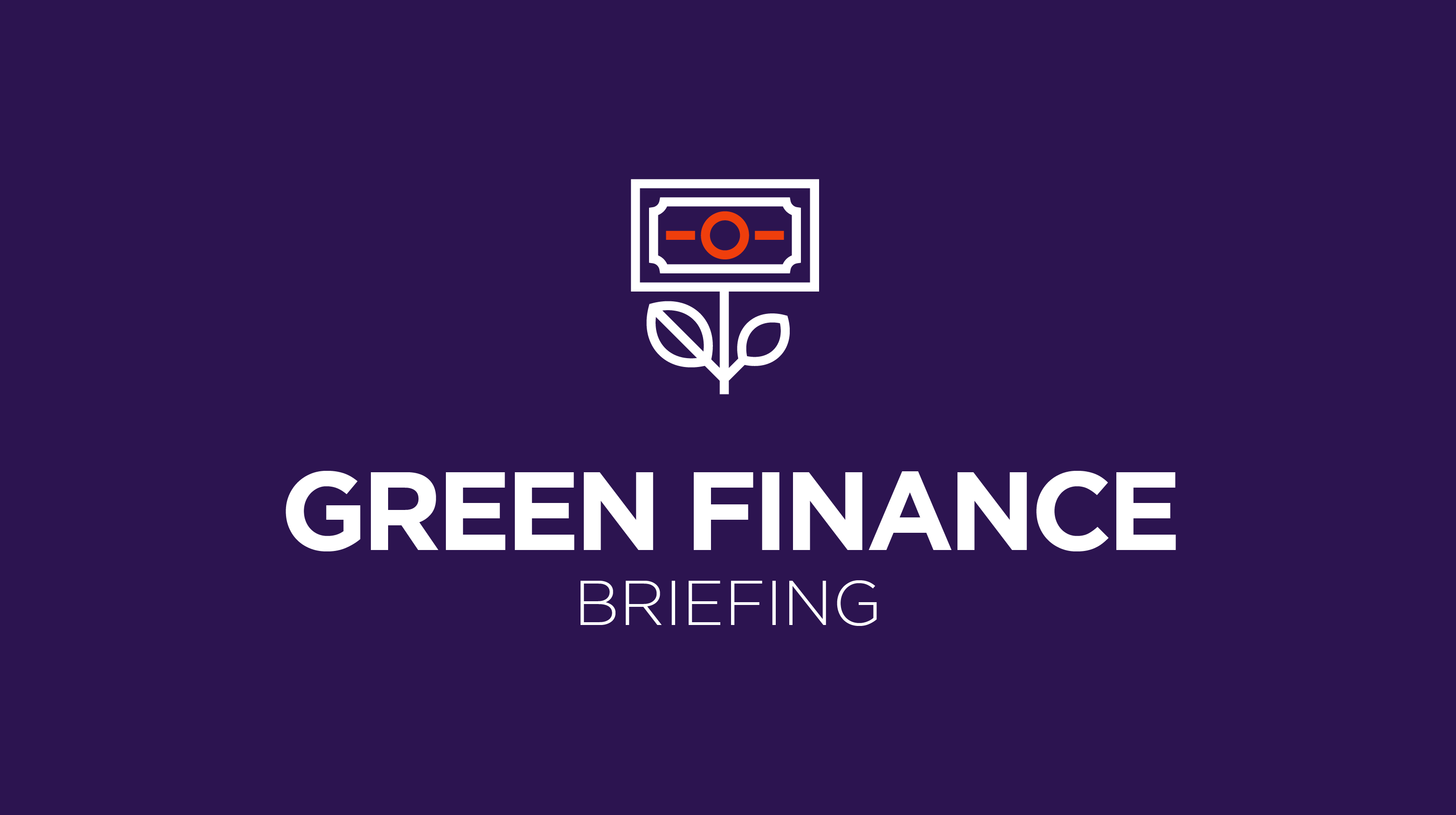Green Finance, Member Exclusive
Green Finance Briefing: SEC cracking down on ESG, and the HSBC mishap
- The SEC wants to start regulating ESG funds, requiring them to disclose additional information regarding the greenhouse gas emissions associated with their investments.
- Elsewhere, we look at the commitment gap between banks' current pledges and others' net zero strategies... also highlighted by the recent provocative speech by HSBC's head of responsible investment.








